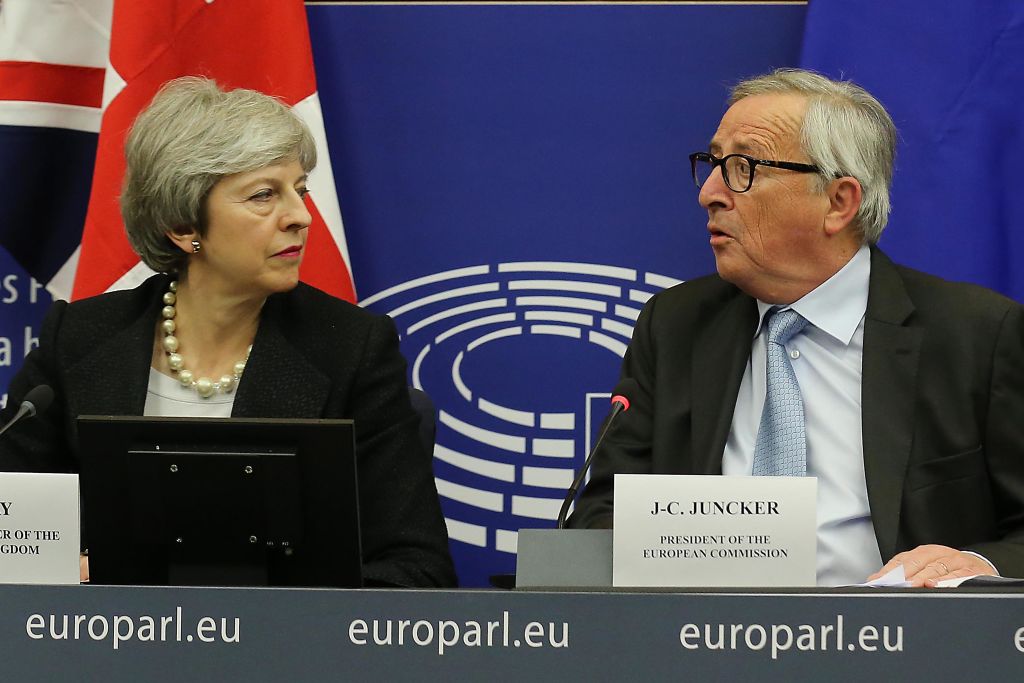Now that Parliament has backed an extension to the Brexit process, the ball is effectively in the EU’s court. Whether her Brexit deal passes or not, Theresa May will head off to the European Council next week with a demand to delay the UK’s withdrawal, which is still scheduled for 29 March. In the last few weeks, officials from the European Commission and the European Parliament have been very vocal about their reluctance to extend Article 50 unless there is clarity about what the purpose of the extension would be. But ultimately, EU institutions do not have the final say on this matter. And if it comes to a point where it is either delay or no deal, they would not want to be seen as forcibly expelling a member state.
The proposal to extend needs to be agreed unanimously by the heads of government and state of all EU27 member states. If the deal passes next week, there would be no problem with a short ‘technical’ extension. The issue is what happens if the deal is rejected once again. Then the member states need to come to a consensus. This shouldn’t be a problem. Open Europe’s analysis of each of the EU27’s positions shows that there has been no opposition to accepting the UK’s request for an extension. After all, as with the EU itself, no member state wants to bear the responsibility of no deal and the fallout that would come with it. This includes Belgium’s prime minister Charles Michel and Lithuania’s president Dalia Grybauskaitė, who had previously suggested a no-deal Brexit could be better than continued uncertainty. This is also the case for the governments of Poland, Italy, and Hungary – despite reports that Eurosceptic British MEPs have been asking them to veto the request. In fact, judging by the statements of these countries’ officials, they are among the least likely to be opposed, given their concerns about no deal.
For most leaders, the crucial condition remains the certainty that a delay will actually help the withdrawal agreement get ratified by Westminster. Last week, France’s European affairs minister, Nathalie Loiseau, made this point, saying that any ‘credible extension must meet the majority of the UK Parliament’. But this isn’t the only consideration among EU member states about whether an extension is desirable and how long for. Austria and Croatia are particularly keen to avoid Brexit affecting the upcoming European parliament elections; for instance, Austria’s chancellor Sebastian Kurz and Croatia’s prime minister Andrej Plenkovic have argued for a short delay. Portugal and Ireland meanwhile have voiced their support for a longer delay, suggesting that the UK might want to reconsider its Brexit choices. France is said to not be opposed in principle to a longer extension, if a specific deadline is given. Some leaders are also still hoping for significant political domestic changes in Britain, which will lead to growing support for a second referendum; it is unclear whether they would demand this as a condition of an extension being granted, but it would justify why a longer extension might be granted.
Above all, the EU27 want to avoid a “blind” extension and a delay which would pose a risk to the functioning of EU institutions. If they grant a short extension until 30 June without guarantees that the deal will pass, and the deal still does not go through, it is not hard to see how this will create a problem for the European Parliament; according to EU law, all member states need to be represented by MEPs.
In case of a longer extension, member states might also be worried about the UK’s role in deciding the next long-term budget for the EU (the multi-annual financial framework (MFF)). In exchange for a longer extension, the UK could have to agree not to veto any budget-related decisions. But with Britain still paying into the pot, this is unlikely to go down well in the UK.
What the EU and UK do have in common is a sense of Brexit fatigue. Several leaders have voiced their concern about the UK’s withdrawal becoming a saga and overtaking issues such as declining economic growth or migration and Schengen area management. Even so, talk of a longer extension is a useful tool for helping Theresa May put pressure on the ERG.
Theresa May will be expected to offer a credible plan for an extension at next week’s council. But if her demands do not meet the expectations of the EU27, a desperate 11th hour bid to reconcile things will unfold. Ultimately though, this will come down to a question of politics: this will depend on how much other countries want to help Theresa May out – and for how long.






Comments